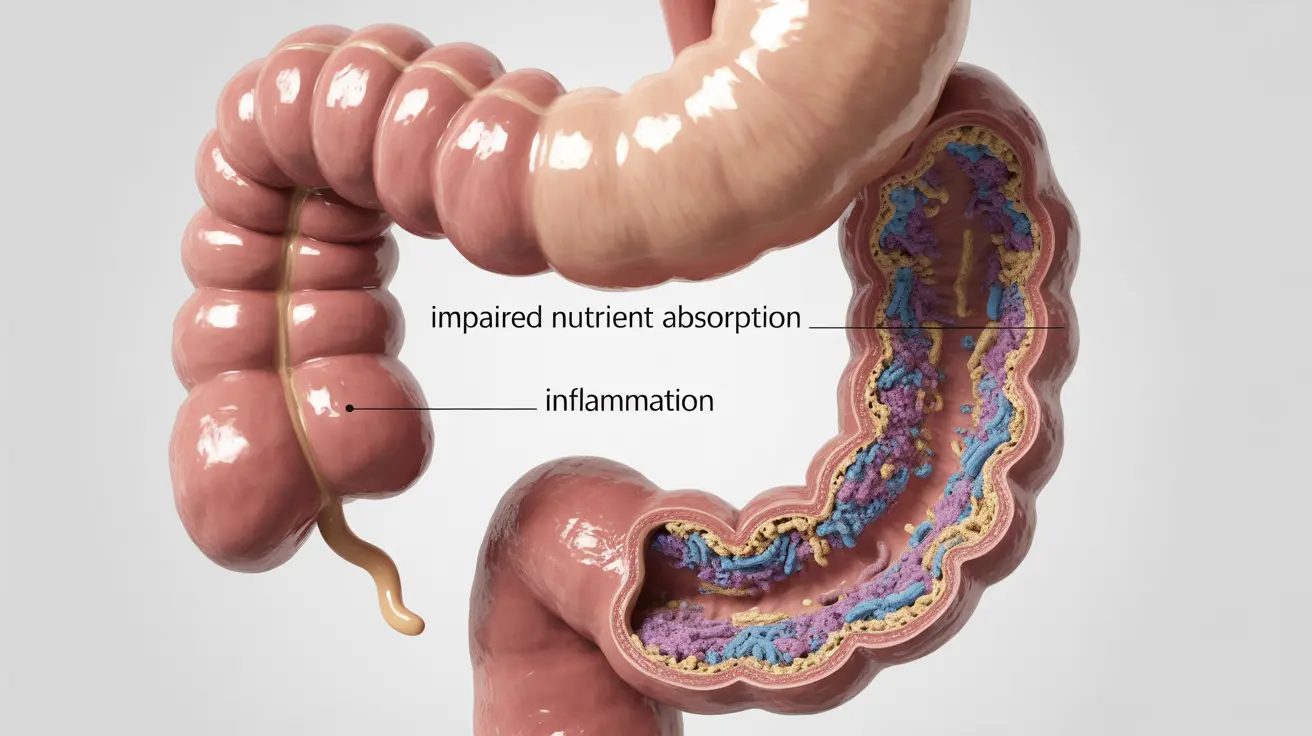Recently, Selena Gomez brought attention to a digestive condition affecting millions worldwide: Small Intestinal Bacterial Overgrowth (SIBO). This complex gut disorder occurs when excessive bacteria accumulate in the small intestine, leading to various uncomfortable symptoms and health challenges.
As Gomez bravely shared her experience with SIBO and its effects on her stomach health, many people have become curious about this condition's symptoms, diagnosis, and treatment options. Let's explore this digestive disorder in detail to better understand its impact on overall health and well-being.
What is SIBO and Its Common Symptoms
SIBO develops when bacteria that normally live in other parts of the digestive system multiply excessively in the small intestine. This overgrowth disrupts normal digestive processes and can cause numerous uncomfortable symptoms.
Primary Symptoms
- Severe bloating and distension
- Abdominal pain and discomfort
- Excessive gas
- Nausea
- Chronic diarrhea or constipation
- Unexplained weight changes
- Nutrient deficiencies
Diagnosis Process and Testing Methods
Diagnosing SIBO requires specific medical tests and careful evaluation by healthcare professionals. The most common diagnostic tools include:
Breath Testing
The primary diagnostic tool is a breath test that measures hydrogen and methane gases produced by bacterial fermentation. Patients drink a sugar solution, and their breath is analyzed at regular intervals to detect these gases.
Additional Diagnostic Methods
- Blood tests to check for nutrient deficiencies
- Comprehensive stool analysis
- Small intestine aspirate and culture (in some cases)
- Imaging studies to rule out structural abnormalities
Treatment Approaches for SIBO
Managing SIBO typically requires a multi-faceted approach combining medical interventions and lifestyle modifications.
Medical Treatments
- Targeted antibiotic therapy
- Prokinetic medications to improve gut motility
- Probiotics (in specific cases)
- Treatment of underlying conditions
Dietary Management
Diet plays a crucial role in managing SIBO symptoms and preventing recurrence. Common dietary approaches include:
- Low FODMAP diet
- Specific Carbohydrate Diet (SCD)
- Elimination of trigger foods
- Proper meal timing and spacing
Impact on Physical Appearance and Daily Life
SIBO can significantly affect body appearance and daily comfort levels. The condition often causes visible bloating and distension of the stomach area, which can fluctuate throughout the day. This physical manifestation can impact self-image and comfort in clothing, as many patients experience.
Frequently Asked Questions
What are the common symptoms of small intestinal bacterial overgrowth (SIBO) like the one Selena Gomez has?
Common SIBO symptoms include severe bloating, abdominal pain, excessive gas, nausea, and irregular bowel movements. Patients may also experience nutrient deficiencies and unexplained weight changes due to malabsorption issues.
How is SIBO diagnosed, and what tests do doctors use to confirm it?
SIBO is primarily diagnosed through breath testing, which measures hydrogen and methane gases produced by bacteria. Doctors may also use blood tests, stool analysis, and sometimes small intestine aspirates to confirm the diagnosis.
What treatment options are available for managing SIBO symptoms and reducing bloating?
Treatment options include targeted antibiotics, prokinetic medications, dietary modifications, and addressing underlying conditions. Some patients may also benefit from specific probiotics and gut-healing protocols.
Can dietary changes help control SIBO, and what kind of diet is recommended?
Yes, dietary changes are crucial for managing SIBO. Recommended diets include the Low FODMAP diet or Specific Carbohydrate Diet (SCD). These approaches limit fermentable carbohydrates that feed bacteria and trigger symptoms.
How does SIBO affect body appearance, such as stomach bloating, and why does it cause these changes?
SIBO causes visible stomach bloating due to excess gas production by bacteria in the small intestine. This gas accumulation leads to abdominal distension, which can vary in severity throughout the day and affect physical appearance and comfort levels.




